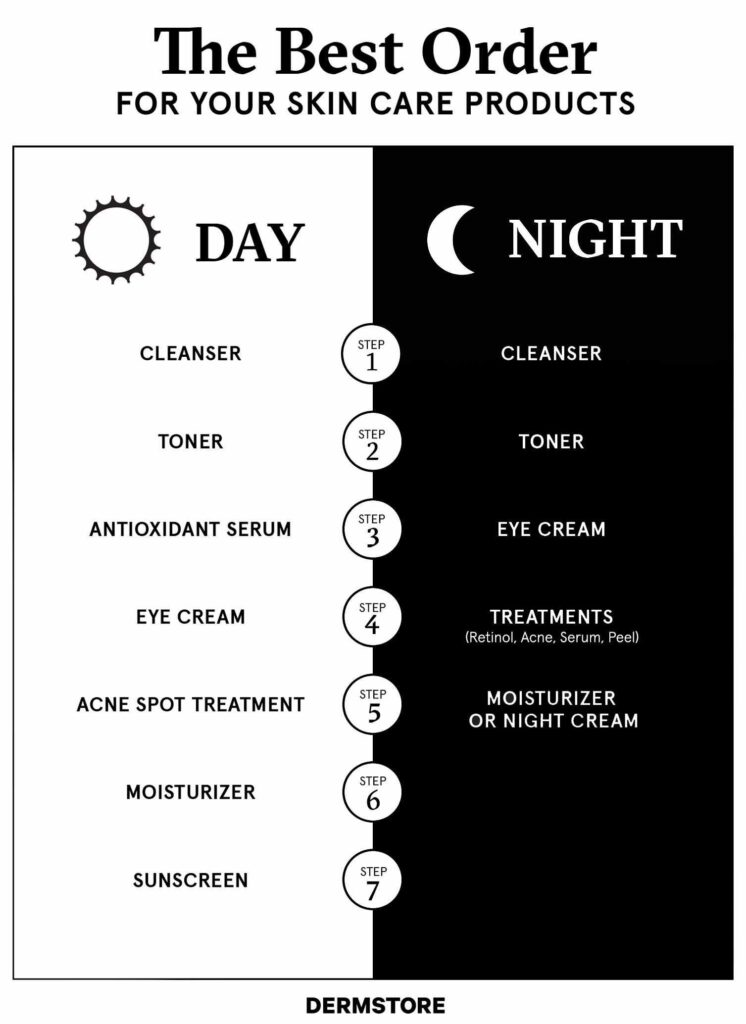The online skincare market has grown thrice in the last six years with India becoming the fourth-largest skincare market, globally.
India’s skincare market is shifting online as the online share in revenue grew almost three times, from 5 percent in 2017 to 13 percent in 2023. It is expected to grow by 18 percent in 2025.
India ranked behind The U.S., Japan and China in the global skincare market’s revenue. South Korea, known for its skincare brands ranked fifth on the list.
Consumers said that these products were cheaper online and therefore, pushed them towards the skincare apps.
Deeksha, a 24-year-old woman who orders all her skin care products online, said she started investing in skincare a year ago when she started earning. “Once I started the job, I thought of investing in skincare, because skincare products are usually costly,” she said.
Ragini, a 23-year-old saleswoman at a multi-brand skincare store in Rajarajeshwari Nagar said that online businesses had affected their sales. “Customers during the billing sometimes mention how retail websites offer them the same product at a better price. They just want products at a more affordable price,” she added.
“The primary reason for this sudden boost is the ease of accessibility of brands and products through channels like direct-to-consumer and e-commerce, along with express deliveries,” said Varun Alagh, co-founder and CEO of Honasa, the parent company of MamaEarth, a personal care product company.
According to a report, India’s Direct-to-Consumer (D2C) market is likely to reach a size of $100 Billion by 2025. It stated, “Several factors including the Covid pandemic, growth of digital infrastructure, rise in the number of millennials and higher internet penetration, among others, have shored up the D2C brands.”
Navpreet Kaur who has been practising skin care for half a decade now said that social media jump-started her skincare regime as she attained most of her knowledge online. “People have moved beyond moisturisers, to sunscreens and face serums and are more aware of what their skin needs,” said Ragini.
Dr Saurav Jha, a Dermatologist and Cosmetologist said that in the current age of social media and influencer marketing, everybody wanted to put their best foot forward which was why people had started emphasizing on skincare lately.

Chasing the “Korean glass skin glow,” people have started following the seven-step skincare routine that includes using a cleanser, exfoliator, toner, essence, serum, moisturiser and a sunscreen. Deeksha who is still exploring different skincare brands said she had a separate morning and evening skincare routine that included using a cleanser, moisturiser, face serum and sunscreen in the morning and a cream-based retinol, in addition to all of it at night.
Retinol, a form of vitamin A, reduces fine lines and wrinkles on the face and gives the skin a fresher appearance, according to Cleveland Clinic, a research and health-based information website.
Dr Jha said that skincare in simple terms meant CMS (cleanser, moisturizer and sunscreen) in the morning and CTM (cleansers, toner, moisturizer) in night time for all age groups.
He added, “Easy availability and easier access to influencer marketing have made people buy more skin care products. In addition to this, economic development and more money and ambition to spend added to people taking skin care products more seriously, in order to look their best.”



